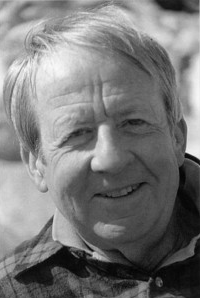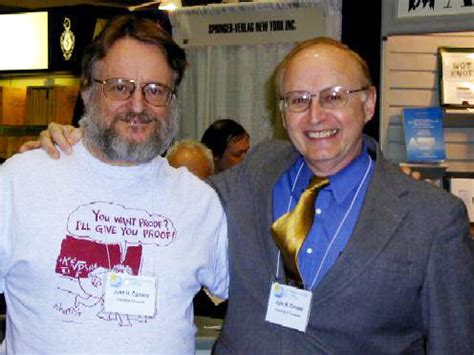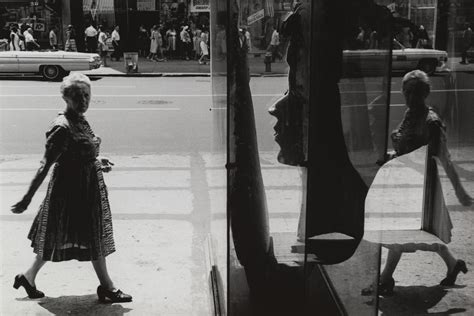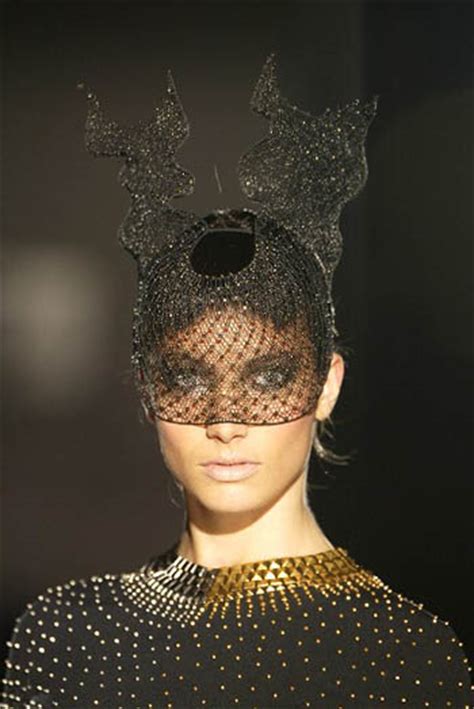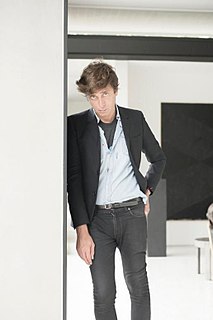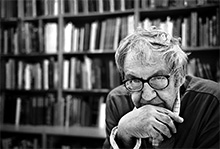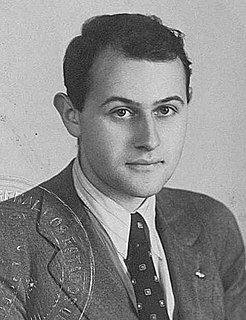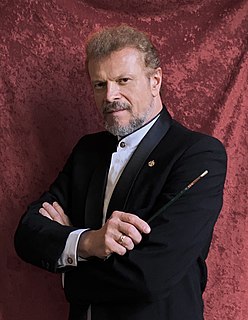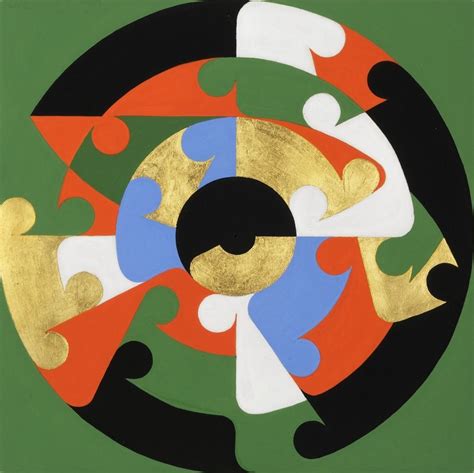A Quote by Ray Metzker
The collection of photographs is a statement about the relationship of my camera and me.
Quote Topics
Related Quotes
My parents offered me my first camera for my birthday and I developed an exclusive passion for it over the years. Since I was not the most social kid on the block, the camera helped me to express myself, invent my own language - something like a secret garden. I decided early on I would not write in a diary but take silent photographs instead.
There's something very satisfying about old cameras because they're ingenious. I mean when you take them apart and actually see, 'Oh, this is how we make photographs,' it's an ingenious thing, but it feels like it's in a way a layman can appreciate, whereas a digital camera, I don't even begin to know what goes into making a digital camera.
